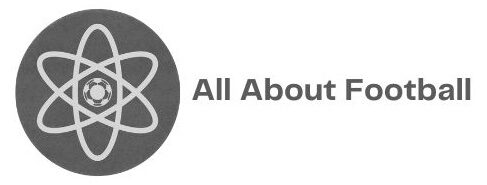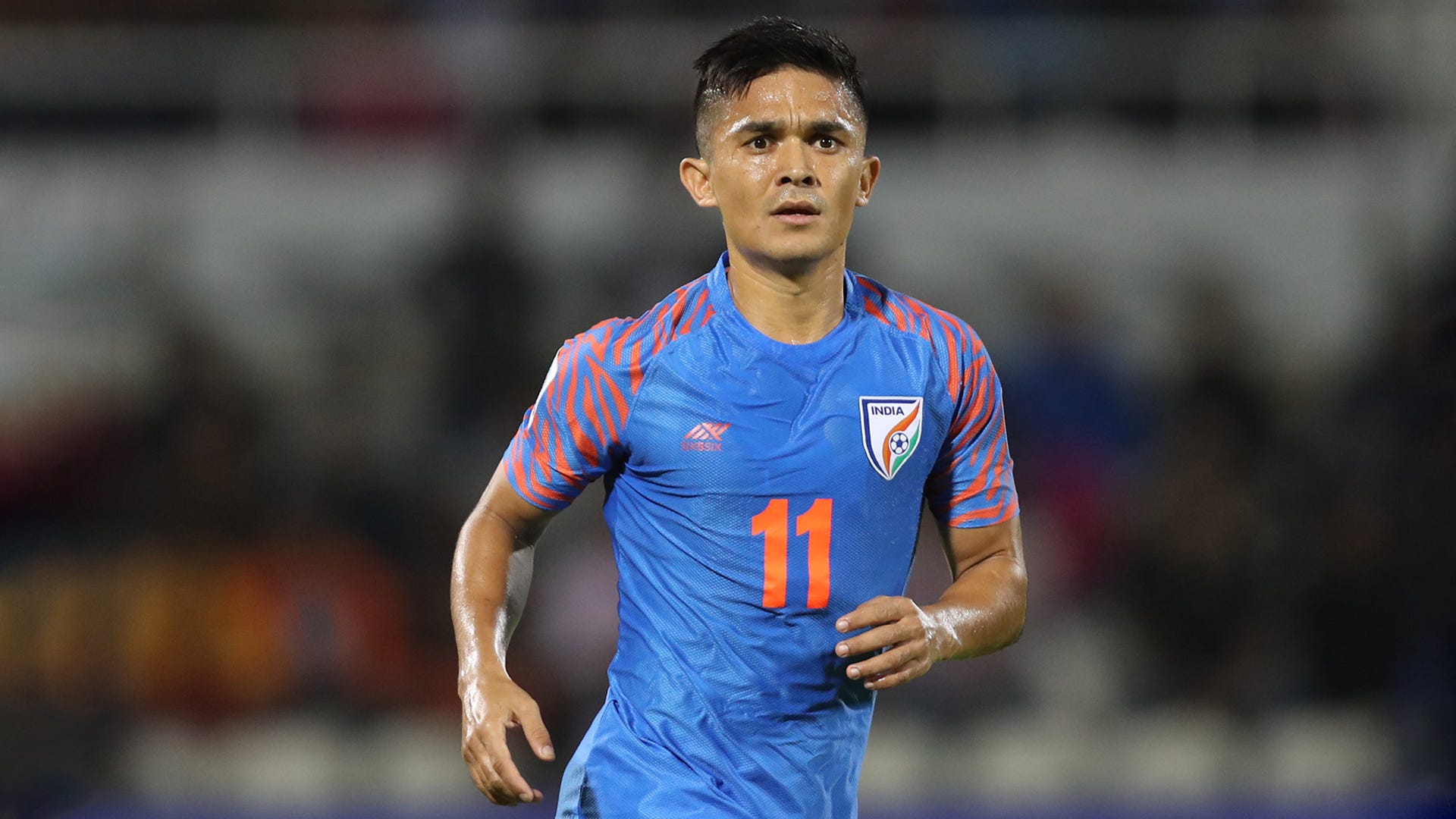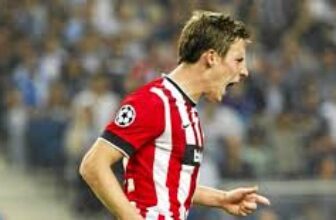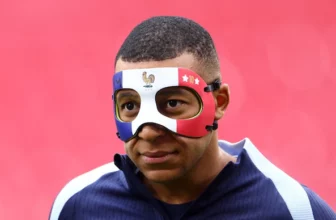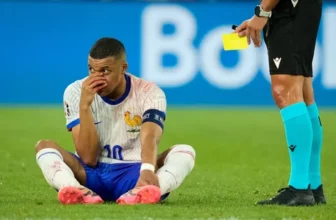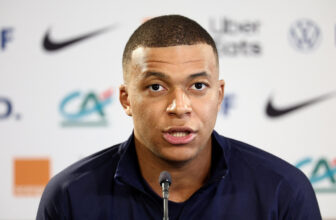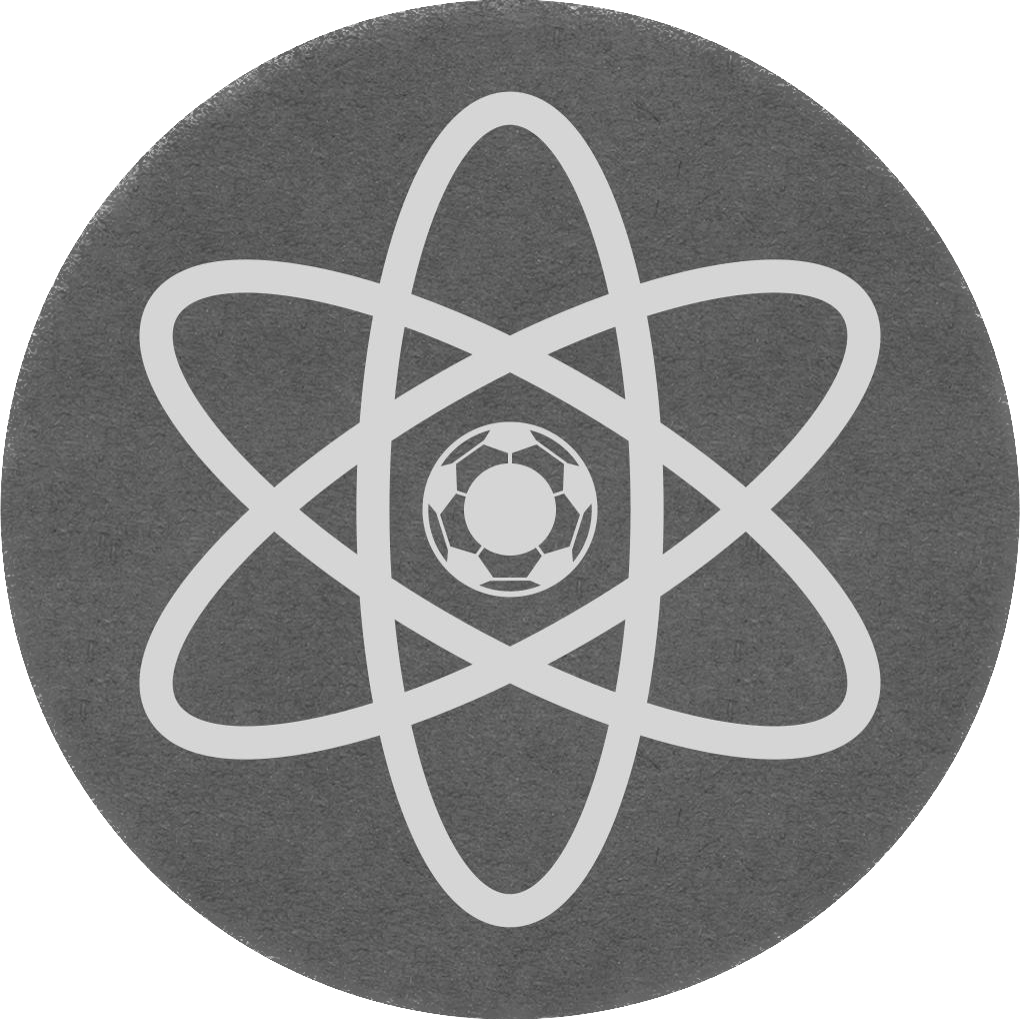
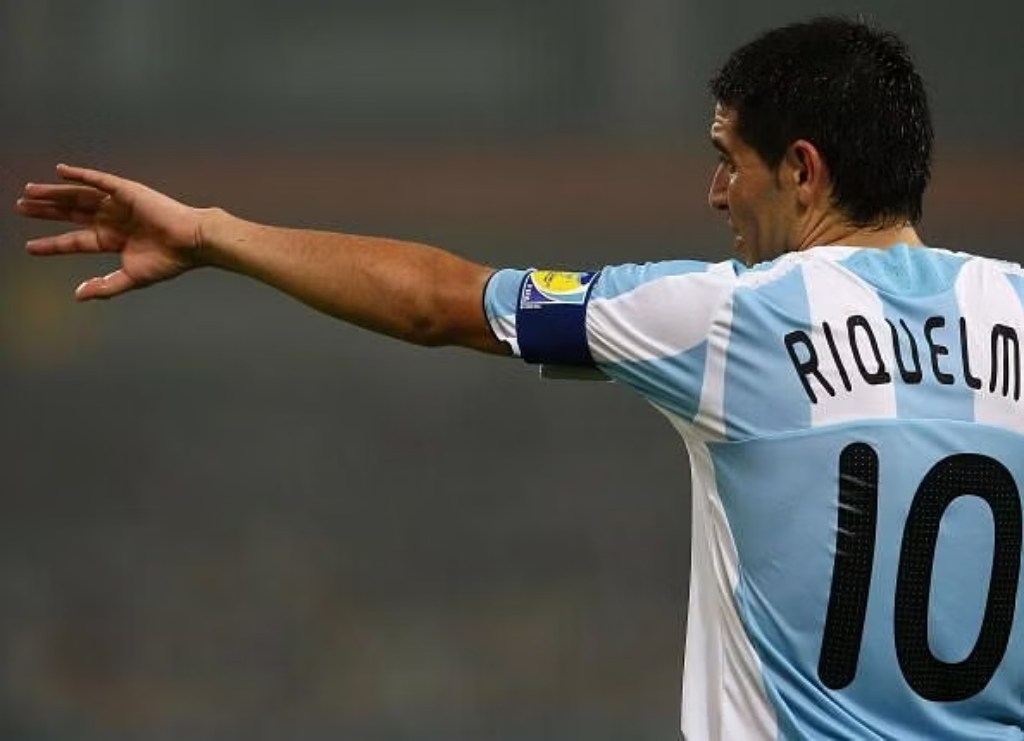
Like that old song that still gets you tapping your feet, Juan Roman Riquelme is the old relic that, logically thought about, is more suited to the black and white Football highlight reels of the ’60s and ’70s, rather than the breakneck speeds of the modern game. You would know, however, if you followed his career, that just like most of his opposing players, Riquelme just had a knack for eluding logic.
Back in the days of the 1970’s and 1980’s when the ‘Libero’, personified by Franz Beckenbauer, was on the rise, number 10s were the law of the land. Zico, Maradona, Platini. These players were blessed with vision and exceptional passing skills along with their highly overlooked leadership skills on the pitch.
The rise of the holding midfielder had begun, and it would go on to kill both the attacking Libero and the Number ten. The two most aesthetically pleasing positions, where the players got to strut their stuff, were becoming as endangered as a snow leopard.
Fast forward to the 1990’s. Gheorghe Hagi, Roberto Baggio, Jari Litmanen, and even Matt Le Tissier. Still at it, continuing to make their mark as the walls closed in. The holding midfielders were coming for them. They were becoming more tactically astute, fitter, more disciplined at closing space, displaying more concentration, all for one main purpose. Suffocating the no. 10 and limiting his space of play. Slowly but surely, the art was fading into oblivion.
The 21st century has arrived. Step forward Juan Riquelme, the last of a dying breed. The rest of his kind are getting squeezed out. Gattuso, Nicky Butt, and Lee Carsley are snapping at his heels. His soulmates, Jay Jay Okocha and Manuel Rui Costa, don’t have much time left. His coach at Villarreal, Manuel Pellegrini, couldn’t delay the inevitable any longer. Riquelme eventually goes home to Boca, a less harsh habitat. Mascherano seizes his chance to impress. Kleberson and Gilberto Silva win the World Cup. Dietmar Hamann and Jens Jeremies get to the Final. Not a number 10 in sight. The trend, sadly, has only continued since then.
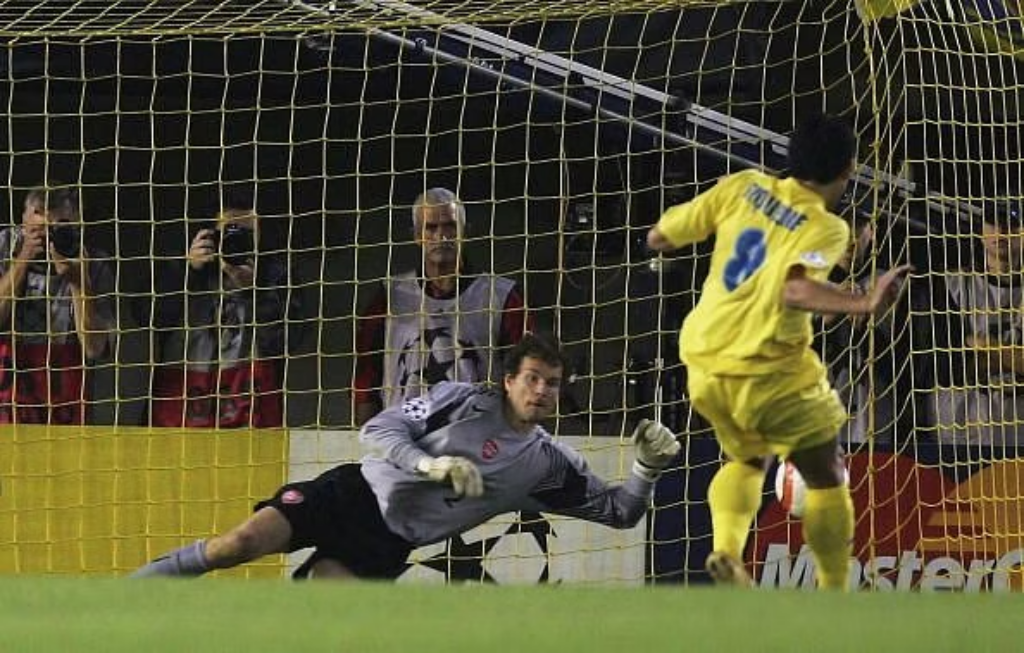
Though the world of football today has undoubtedly developed a liking for players who are physically strong and willing to do the dirty work, the most prized possessions of teams are often the players who think. The players who create their own time to execute their moves, the players who have that inexplicable ‘pausa’.
Known as the ‘Enganche’, literally translating to the hook or pivot, these were the players that mastered the art of creative football and wowed crowds with the ease of which they went about their play.
These qualities seemingly came naturally to Riquelme. He was never especially fast, strong or athletic, but undeniable ability and vision with the ball at his feet was something that he did have, and in spades. Juan Roman Riquelme was a pure No.10, a flagbearer for the aesthetic beauty of the game.
Despite possessing an otherworldly talent and showing considerable ease on the pitch, off it, the situation rarely was that easy. Riquelme was the son of a abusive gang leader in Buenos Aires, and his simple and beautiful game was often affected by his fragile mind.
Fans often associate Riquelme with romanticism. And the man himself attached a lot of romance and emotions with the people he interacted with, and it often got the better of him. This set the tone for a career that would be tinged with pathos. There is no doubt that what Riquelme has accomplished is beautiful and special, but with that kind of once in a generation talent, the question that still undoubtedly comes to mind is ‘What could have been’.
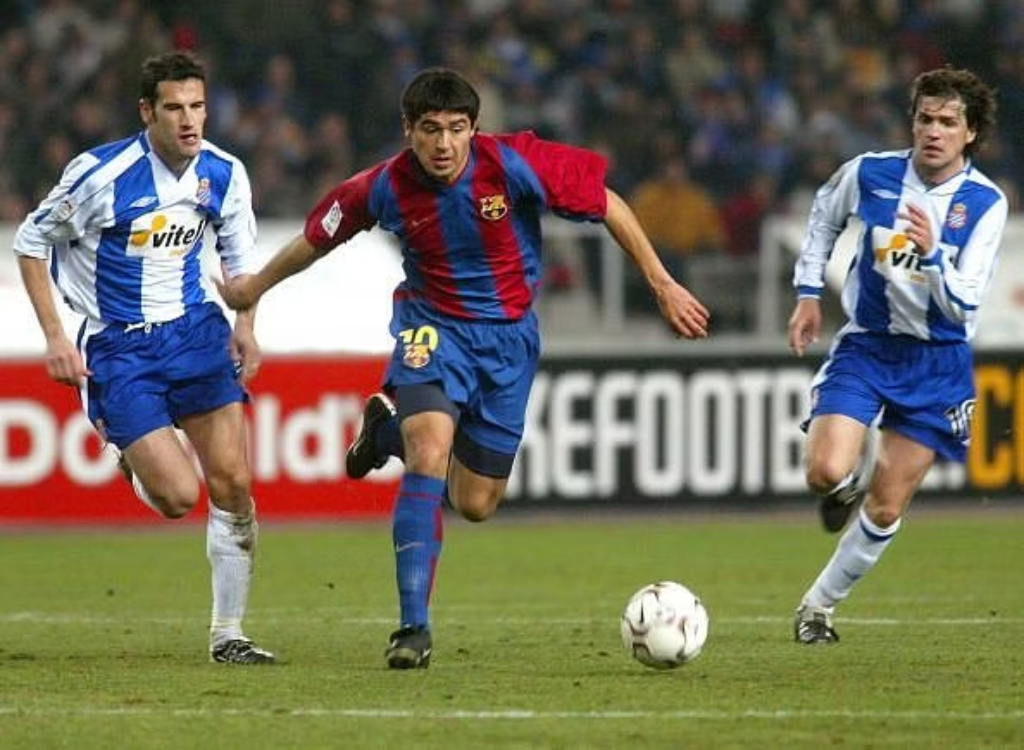
Riquelme certainly had his critics, especially once he moved into Europe. Criticising his work rate, or lack thereof, Riquelme was often the believed to be a ‘luxury player’, with the then Barcelona manager, Louis Van Gaal, going on to bluntly say “He doesn’t score, He doesn’t run“, when asked why he had let him leave for Villarreal. Riquelme could have gone on to be the best player in the world for Barca, but unfortunately for him, the times of building one-man teams around certain individuals was long gone, at least among the European elite.
When he was given centre stage though, he repaid the faith ten times over with his performances, evident from his stints for Villarreal and the Argentine national team in 2006 under Jose Pekerman. He almost single-handedly took the yellow submarine to the brink of the Champions League final. For Argentina in the 2006 World Cup he played perhaps his most beautiful football, his famous ‘Riquelme turn’ and defence-splitting passes enough to lead to churches being built in his name back in Buenos Aires. However, just as soon as these flames threatened to set the world alight, they were extinguished in typical Riquelme fashion. He out with the Villarreal management, simply refusing to train. The national team, now with Diego Maradona at the helm, soon followed suit, and at 28, Riquelme was back where it all began.
Finally drawing the curtain on his career in January 2015, there was an outpouring of grief within the football world, because, with Riquelme’s retirement, many felt it wasn’t just him calling time on his career, but instead an entire species being rendered extinct. It was as if the last petal of a beautiful flower had just fallen to the floor.
Looking back in hindsight, there were few players who divided opinion like Riquelme.
He was certainly blessed with talent similar to that of the greats we read about regularly, such as those two, Ronaldo and Messi. But he but did not showcase it nearly as much, and that’s what, weirdly, made his moments of magic even greater. Though the aforementioned duo is worshipped in modern times, and for good reason, their brilliance on the pitch is often expected of them and predictable.
The joy that Riquelme brought to the table was quite different to that, for true joy is saved for the moments in which that spark of greatness finally catches fire and leaves you silent, amazed and enthralled. “Mystery creates wonder and wonder is the basis of man’s desire to understand,” as Neil Armstrong once said. You could almost bet he was talking about Riquelme.
And thus, just like the paradox that he was in his playing days to fellow players and fans alike, Riquelme left the beautiful game with a legacy that a young footballer should admire and at the same time look to avoid.
